We spend a lot of time at the office. According to Gallup, the average American spends 47 hours a week at the office, but nearly 40% spend over 50 hours at work. For most of us, that means we spend more waking hours with our colleagues and clients than we do with our families.
No wonder our social relationships at work matter so much! LinkedIn reported that their Relationships@Work study “revealed that 46% of professionals worldwide believe that work friends are important to their overall happiness.”
Social connections are so important to the workplace that Gallup has included it in their renowned Q12 questions surveying Employee Engagement: “I have a best friend at work.”
In fact, camaraderie is reported to be one of the most important things to Millennials in the workplace. The LinkedIn study showed that 18-24 year olds report that having friends at work makes them Happy (57%), Motivated (50%), and Productive (39%). For a group of workers that’s notoriously difficult to retain, it’s not hard to conclude that having friends at work may help with keeping younger employees connected to the workplace.
It’s not just this generation, however, that places a high value on social relationships in the office. Jean Twenge, University of California at San Diego professor, reviewed Monitoring the Future surveys taken since the 1970s. In her Psychology Today article, What Do Millennials Really Want at Work?, she writes, “Social work values such as making friends barely changed at all. So that’s not a particularly unique characteristic of Millennials.” The desire for camaraderie at work is consistent in younger workers throughout the last 40 years. It’s a stage of life, before other priorities – such as mortgages, children, or aging parents – set in.
As Millennials close in on representing more than 50% of the workforce, it’s important to recognize the issues that matter to them now, including having friends and social interactions associated with the workplace.
This cultural shift coincides with a talent deficit, providing an interesting opportunity for workers and employers: employee referrals.
Anecdotally, we know that friends often resemble one another. They may share the same values and ideals, and – for those in their 20s – frequently have connected to one another through their studies.
CareerBuilder reported that, “88 percent of employers rated employee referrals above all other sources for generated quality of new hires.” Why? Because the best employees refer in people like themselves. What’s more, because employees are vouching for the referral, they are invested in the outcome being a good one. And those new hires have a ready-made, in-house support network.
An employee who refers a friend or family member into the company deepens their commitment to the work place, as well. As Gallup reports, “The best employers recognize that loyalty also exists among employees toward one another. All employees have ‘leaving moments’ when they examine whether to leave or stay at an organization. The best managers in the world observe that the quality and depth of employees’ relationships is a critical component of employee loyalty.”
A clear and fair process to encourage, collect, and reward employee referrals can not only grow the talent pool in an organization, but can also result in a stronger commitment by existing employees. Building the workforce through referrals can help to identify the best new talent and can improve the company’s chances of retaining Millennial workers.
Here at Dittman, we recognize the all-around benefits of employee referrals and have included it as part of our recognition platform. Over the years, we have seen siblings, friends, and former colleagues join our team, adding to our capabilities and building the social network which forms the framework for day-to-day collaboration. And, as our Millennial colleagues head out for an evening of fun at the end of the week, we can attest that the social connections they have made make working together more fun and more efficient.



